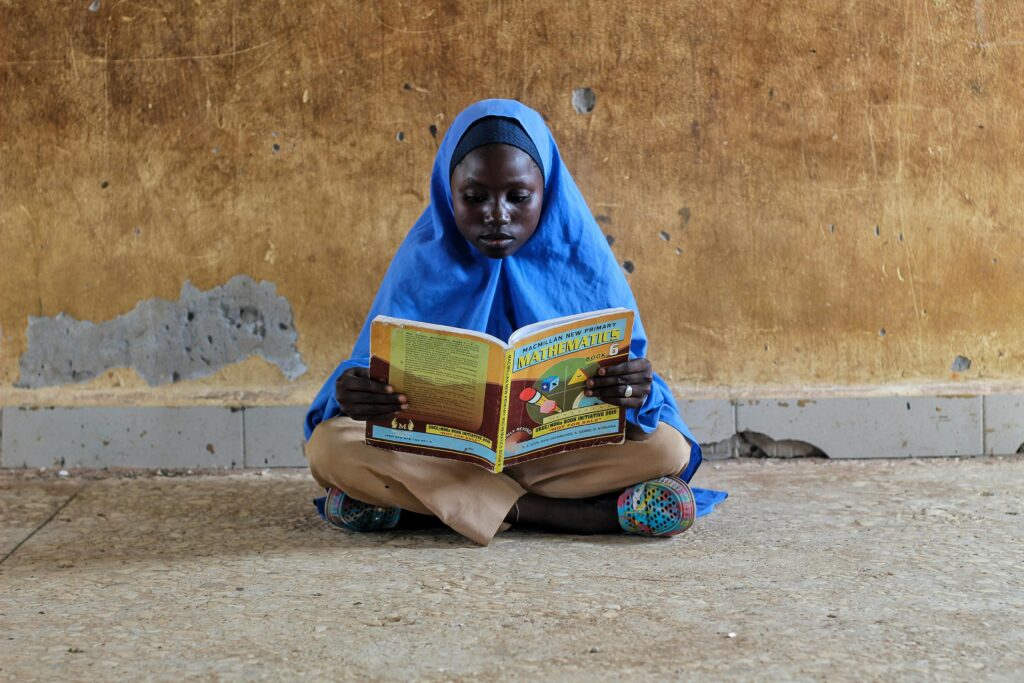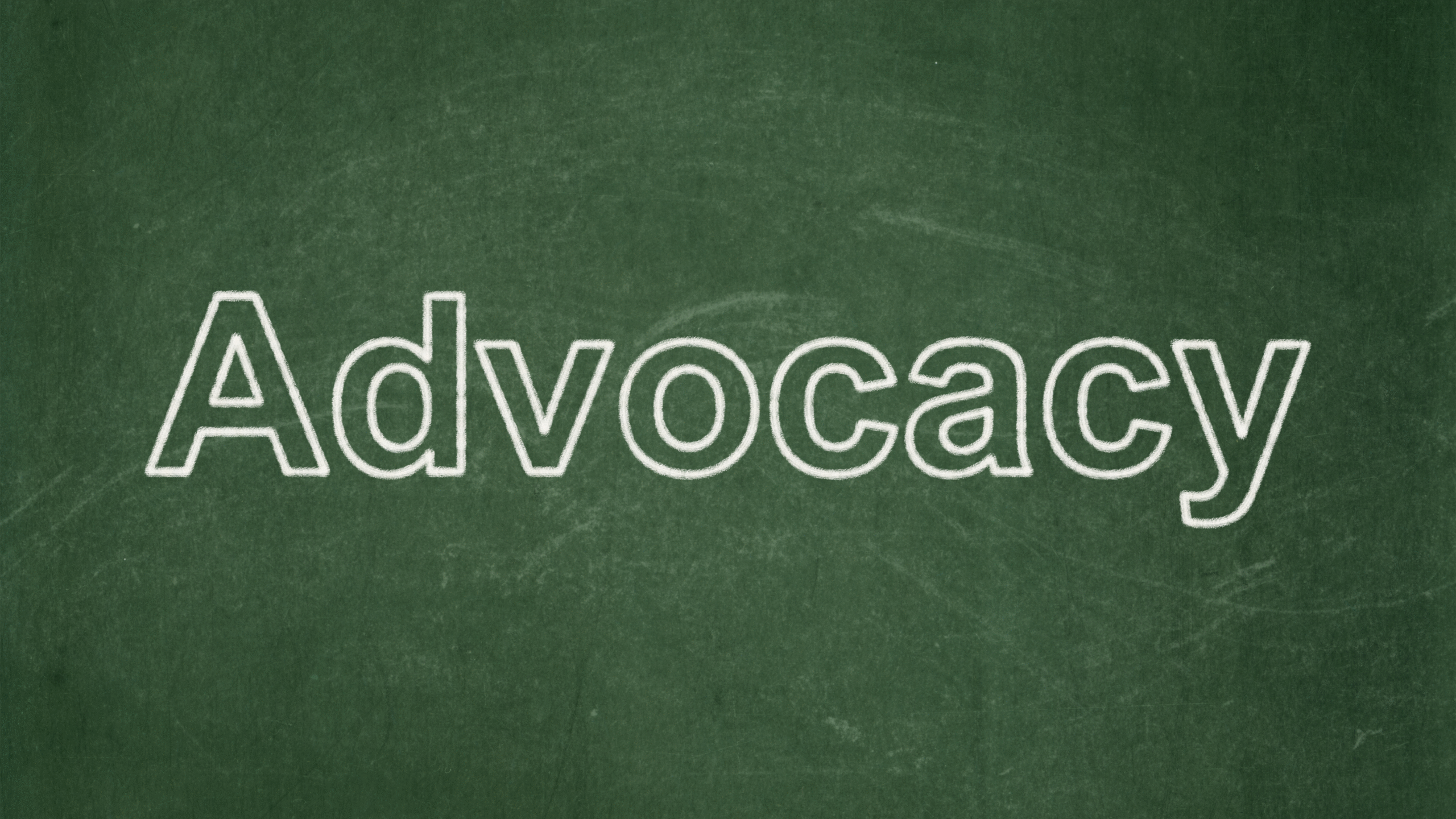If data could scream, it would cry out for change.
Behind every statistic is a girl — a child with dreams, potential, and the right to a healthy future. But for millions of adolescent girls, especially across sub-Saharan Africa, those rights are threatened by preventable dangers: early pregnancy, sexually transmitted infections, gender-based violence, and limited access to accurate information and essential health services. Sexual and reproductive health is not a luxury — it’s a cornerstone of overall well-being. Yet, the reality many girls face today is far from ideal.The Triple Threat
Every day, adolescent girls in Nigeria and beyond face what we call the “triple threat” to their sexual and reproductive health:- Teenage pregnancy
- Sexually transmitted diseases (STDs), including HIV
- Gender-based violence (GBV)

The Silent Epidemic
From coerced sex and early marriage to female genital mutilation (FGM) and femicide, adolescent girls are often exposed to violence and discrimination simply because of their gender. Many are silenced by shame and stigma, made to feel invisible — or worse, blamed.
Even where services exist, poor education, fear of judgment, or lack of youth-friendly facilities stop girls from accessing care. And while the world moves forward, many of our girls are being left behind.
But change is possible — and it is already happening.
Our Work in Kuje: Partnership with Tiko Africa
In partnership with Tiko Africa, The Restored Heart Foundation is taking action, In the Kuje Area Council of Abuja, our collaborative project is addressing the sexual and reproductive health needs of adolescent girls aged 15–19 — head-on.

Together, we’re:
- Making impacts and empowering girls with the knowledge needed to tackle the triple threat of Sexual Reproductive Health.
- Providing access to sexual health services, including family planning and STI testing through the Tiko App in partnership with hospitals and local clinics.
- Hosting outreach sessions at local health centers
- Promoting awareness on HIV, GBV, and safe practices
- Creating safe, judgment-free spaces where girls can learn, speak, and thrive
These efforts are more than interventions — they are lifelines.
Education is Power
When girls are educated about their bodies, rights, and choices, they gain the power to shape their futures. When their sexual and reproductive health is protected, everything else becomes possible — from completing school to avoiding abuse, from starting businesses to becoming leaders.
We believe health is a right, not a privilege.
We believe justice is access, education, protection, and dignity.
And we believe the voices of adolescent girls deserve to be heard — loudly, clearly, and without fear.

Let’s Do More
We must keep pushing — for policies that protect girls, for services that reach the underserved, and for communities that uplift instead of silence.
Let’s make comprehensive sexuality education a priority.
Let’s amplify girls’ voices.
Let’s end the stigma and replace it with safety, care, and truth.
Because the statistics may be shocking — but the stories behind them are what truly demand our action.


